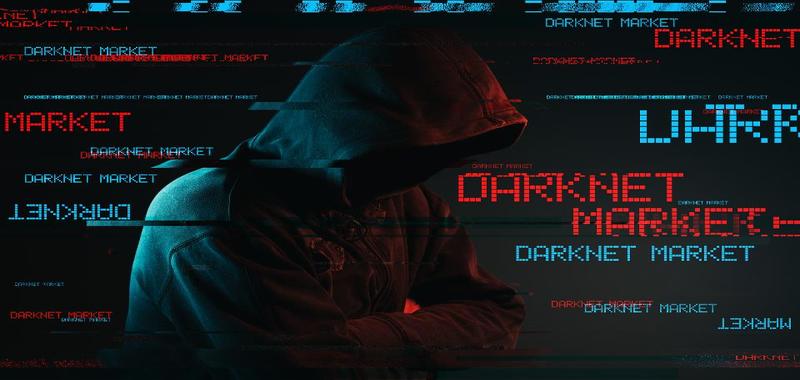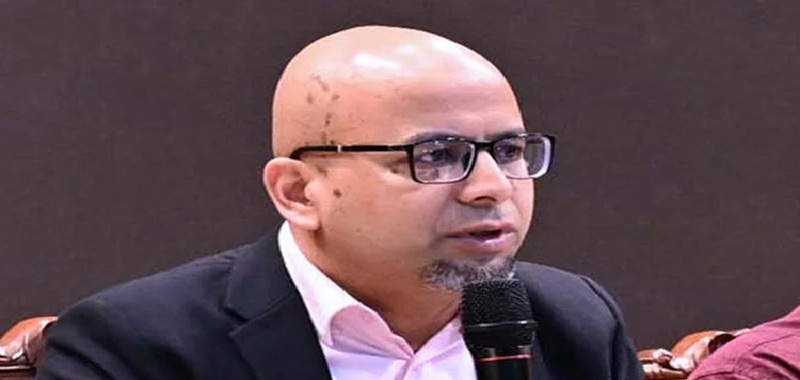TikTok facing ban in US
TechLife DeskThe US Senate has approved a controversial landmark bill that could see TikTok banned in America.It gives TikTok's Chinese owner, ByteDance, nine months to sell its stake or the app will be blocked in the United States, reports BBC. The bill will now be handed over to US President Joe Biden, who has said he will sign it into law as soon as it reaches his desk.TikTok has told the BBC that it did not have an immediate response to the move. Previously Bytedance said it would oppose any attempt to force it to sell TikTok.If the US is successful in forcing ByteDance to sell TikTok any deal would still need approval from Chinese officials but Beijing has vowed to oppose any such move. Analysts say the process could take years.The measure was passed as part of a package of four bills which also included military aid for Ukraine, Israel, Taiwan and other US partners in the Indo-Pacific region. It had widespread support from lawmakers, with 79 Senators voting for it and 18 against."For years we've allowed the Chinese Communist party to control one of the most popular apps in America that was dangerously short-sighted," said Senator Marco Rubio, the top Republican on the Intelligence Committee."A new law is going to require its Chinese owner to sell the app. This is a good move for America," he added. Fears that data about millions of Americans could land in China's hands have driven Congressional efforts to split TikTok from the Beijing-based company.Last week, the social media company said the bill would 'trample the free speech rights of 170 million Americans, devastate seven million businesses, and shutter a platform that contributes $24 billion to the US economy, annually'.TikTok has said ByteDance "is not an agent of China or any other country". And ByteDance insists it is not a Chinese firm, pointing to the global investment firms that own 60 percent of it.
HC is concerned by the failure to submit reports on fraudulent e-commerce companies.
The next hearing is scheduled for November 23. The High Court expressed its displeasure on Tuesday after the authorities in question failed to submit reports on the efforts taken to combat money laundering by e-commerce companies and the policy for collecting tax and VAT from them on time.During a hearing on three writ petitions filed by victims of e-commerce fraud, the HC bench comprising Justice M Enayetur Rahim and Md Mostafizur Rahman expressed their displeasure. The bench stated that the court will treat the complaint seriously because the government bodies involved had not responded to the High Court's notice.The court ordered Deputy Attorney General Bipul Bagmar to notify the Attorney General. It then scheduled the next hearing for November 23 and delayed the deadline for submitting reports until then.On September 30, the court ordered the Ministry of Commerce, the National Board of Revenue (NBR), and the Bangladesh Financial Intelligence Unit (BFIU) to produce separate reports on e-commerce platform money laundering by November 8. The court requested that the BFIU tell it of the efforts taken against money laundering by e-commerce firms, as well as NBR's stance on collecting VAT and tax from these businesses.The court also enquired about the operation of the 16-member technical committee for the e-commerce sector established by the Commerce Ministry.The petitioners were represented by lawyers Mohammad Shishir Monir, Md Anwarul Islam, and Pallob Kabir M Humaun, while the state was represented by Deputy Attorney General Bipul Bagmar.Anwarul Islam, a Supreme Court lawyer, had filed a writ case on September 20 seeking a directive from the court to establish an impartial e-commerce monitoring institute to defend the interests and rights of e-commerce customers.On September 22, SC lawyer Mohammad Humayun Kabir filed a petition asking the court to order the formation of a probe committee to identify the responsible individual or government authority whose negligence or failure has resulted in monetary losses for lakhs of consumers from well-known e-commerce sites such as Evaly, e-orange, Dhamaka, Daraz, Qcoom, Aladiner Prodip, Alesha Mart, and Dalal Plus.Thirty-three e-orange customers filed a writ on September 23 to seek their money back from the corporation. Advocate Shishir Monir filed the petition, which calls for a travel ban on senior officials and authorities of risky e-commerce enterprises like e-orange, as well as the formation of a commission to protect the interests of both customers and businesses, led by economists, IT specialists, and stakeholders.
Dark Web sells data to 63 million customers
The hacker team Shinyhunter is stealing customer data from multiple platforms and selling it on the Dark Web. These platforms have data of a total of 63 million subscribers. News Engadget.About 30 million of these data have been hacked by hackers from the data dating app Jusak. And the printing service has stolen the data of about one and a half crore customers from chatbooks. Hackers have even stolen data from a media website called the Star Tribune.According to the report, the data includes one million data from the South Korean fashion and furniture industry and 30 million data from the Chronicle of Higher Education. Although the accuracy of this database has not been confirmed. But researchers in the hacker community believe Shinyhunter's data is true. ShineHunter also claimed that they had seized 500 gigabytes of data from Microsoft's personal GitHub rethogeter. They also carried out hacking activities in the online store Tokopedia this month.
1 crore 20 lakh children and adolescents are at risk of internet
Like all over the world, schools and colleges in Bangladesh have been declared closed from March 16 to March 31. About 25 million children and adolescents (play to class 10) are under house arrest in the country. As the government conducts online-based classes in schools and colleges, children between the ages of 4 and 14 are forced to use the internet. At the same time, the Bangladesh Mobile Phone Subscribers Association has raised questions about the security of the internet being handed over to tender-hearted children and teenagers even if they are kept at home.Mohiuddin Ahmed, president of the organization, urged parents to be vigilant in this regard, saying the medium is not yet suitable for children and adolescents to use. For this reason, on May 8, the United Nations, the International Telecommunication Union (IEU), warned young children against using the Internet. They say that about 1.5 billion schools and colleges in the world are closed. They are using the internet to study, play sports, watch video games. By doing so, they are going to fall into cyber risk. Due to the lack of internet and devices in Bangladesh, even if 50 per cent are out of the internet, the adverse effects of the internet on about 12 million children will still fall on them. At the same time, the issue of excessive use of internet addiction cannot be ruled out. "We are not aware of any initiative taken by the Ministry of Telecommunications to ensure the safety of children in using the Internet and no policy has been formulated in this regard," he added. The IEU is already going to make some recommendations. We all know what we want to know about the internet as well as unwanted things. As a result, tender-hearted children know what they need to know at an early age before developing their talents. At the same time, they could put themselves and their families at cyber risk.








